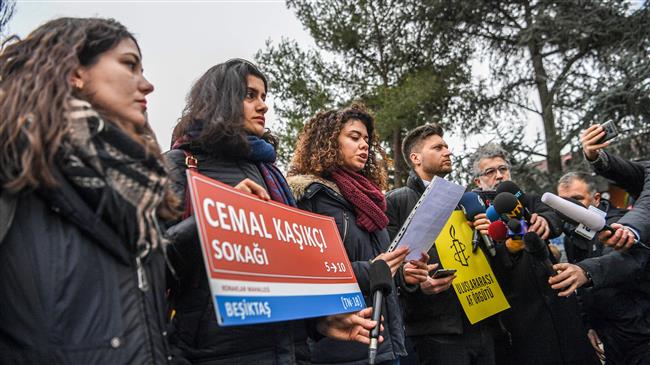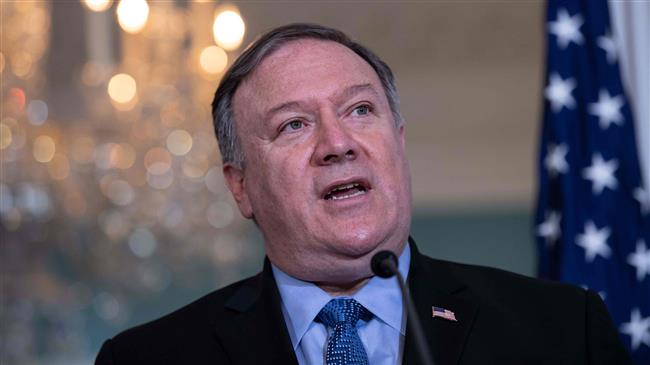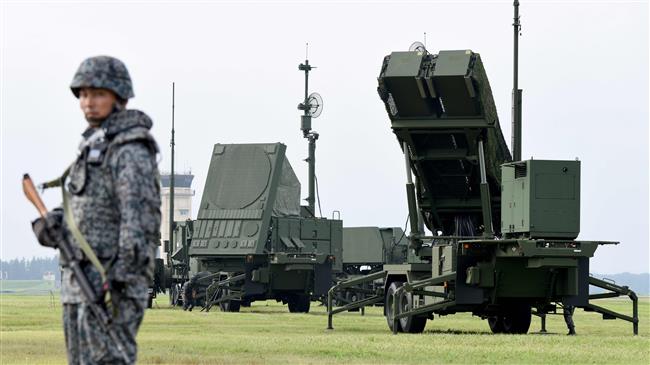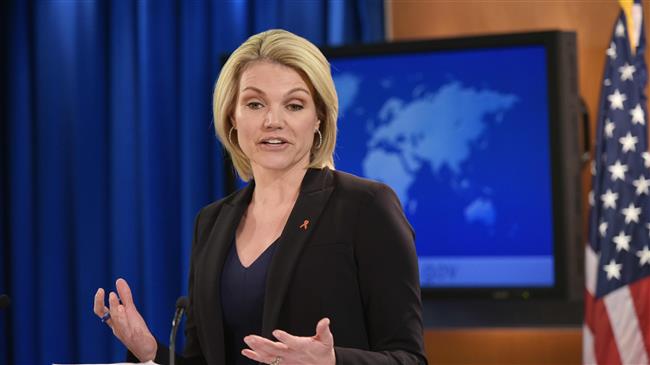MbS continues despotic rule, consults Khashoggi hit squad leader: Report
Despite facing worldwide controversy after the assassination of dissident journalist Jamal Khashoggi, reports have shown that Saudi Crown Prince Mohammed bin Salman has continued his despotic practices, regularly consulting the killing's alleged mastermind Saud al-Qahtani.
American and Saudi sources informed on the matter say that many of the prince's current decisions are in line with advice gained from his former aide Qahtani, reported the American daily newspaper The Washington Post on Thursday.
“Domestically, he feels very confident and in control. As long as his base is secure, he feels that nothing can harm him,” says an American source who recently met the prince.
“He’s completely unchastened by what has happened,” read the report quoting a British researcher highly informed on Saudi politics.
Qahtani, who was fired from his position after being blamed for Khashoggi's murder, allegedly advises bin Salman on a regular basis.
The former aide is said to be the architect of the kingdom’s social media campaign against Muslim preachers, intellectuals and critics of the Riyadh regime.
Qahtani has also been reported to be deeply involved in Riyadh’s cyber espionage and dissident intimidation activities.
Observers believe many recent intimidation campaigns taking place against Riyadh’s opposition have also been designed by Qahtani.
On Thursday, a Twitter campaign emerged claiming to expose "facts" against Khashoggi and Omar Abdulaziz, a popular dissident activist living in Canada.
A well produced video also surfaced on social media titled “Qatar System Exposed,” alleging that Khashoggi was involved in a plot to “create a new destabilizing Arab Spring to unsettle Arab countries, mainly, Saudi Arabia.”
Khashoggi, an outspoken critic of bin Salman, entered the Saudi consulate in Istanbul in October 2018, but never came back.
The Saudi kingdom, after denying the murder for several days, ultimately admitted that Khashoggi had been murdered in the consulate after an interrogation by rogue operatives had gone wrong.
Top Turkish officials have tied the case to the highest levels of Saudi leadership. Riyadh has denied accusations that the prince ordered the murder.
Last week, a Saudi court held its first hearing on Khashoggi’s case in which Saudi Arabian prosecutors are seeking the death penalty for five of the 11 suspects.
The Office of the United Nations High Commissioner for Human Rights, however, rejected the trial as “not sufficient” and not meeting the requirements of an independent and international inquiry.
Qassam Brigades claims killing 3 Israeli troops in northern Gaza
More alive than ever: Sayyed Hassan Nasrallah's legacy grows stronger in martyrdom
Occupation of Syria’s highest peak Mount Hermon part of ‘Greater Israel’ project
Iran: Syrian people will decide their future without foreign interference
IRGC says Iran’s power exceeds borders, warns enemies to adjust themselves
Dozens detained, several wounded in Israeli raids in West Bank
‘Ethnic cleansing’: Hamas blasts Israeli attacks on Gaza hospital amid intl. silence
Saudi delegation meets HTS leader at presidential palace in Damascus
















 This makes it easy to access the Press TV website
This makes it easy to access the Press TV website